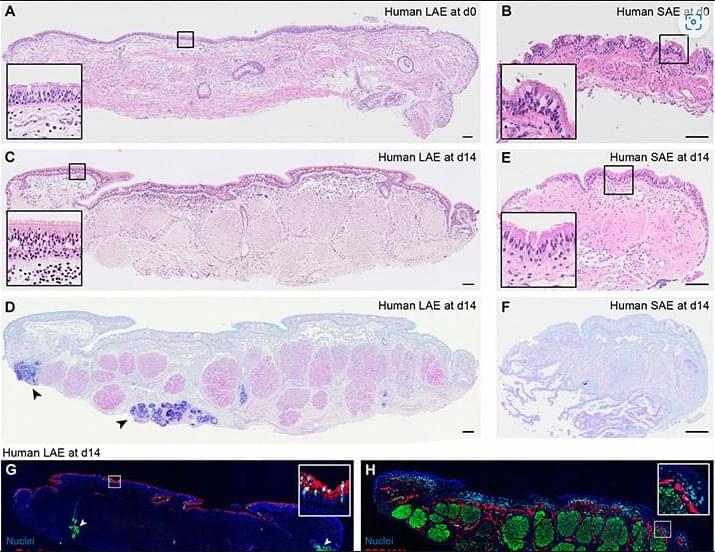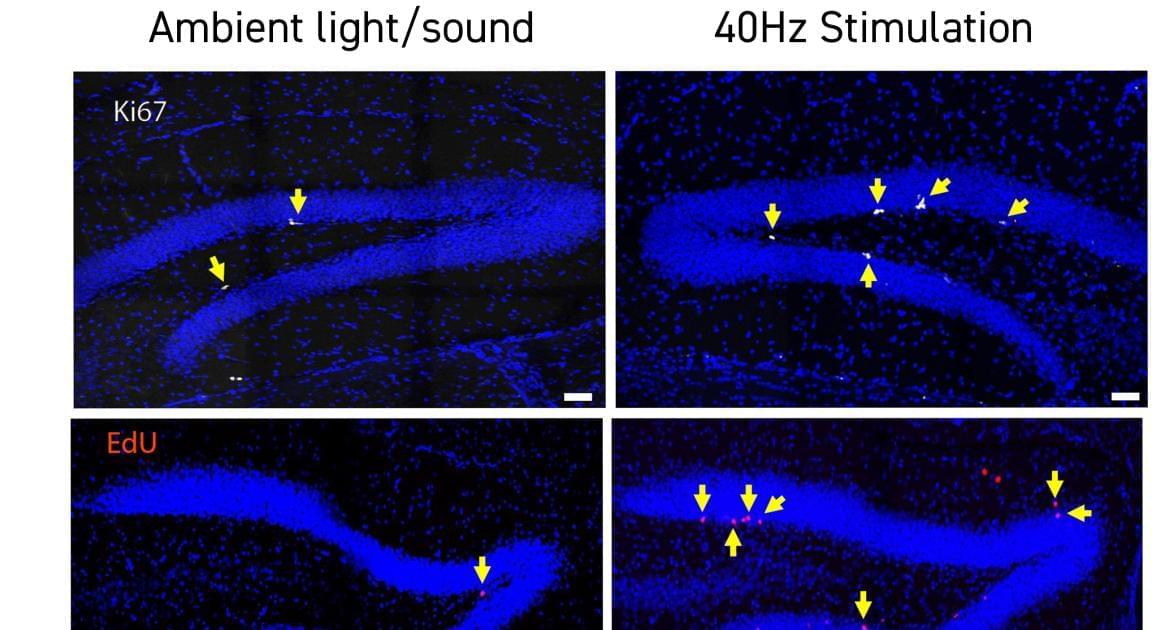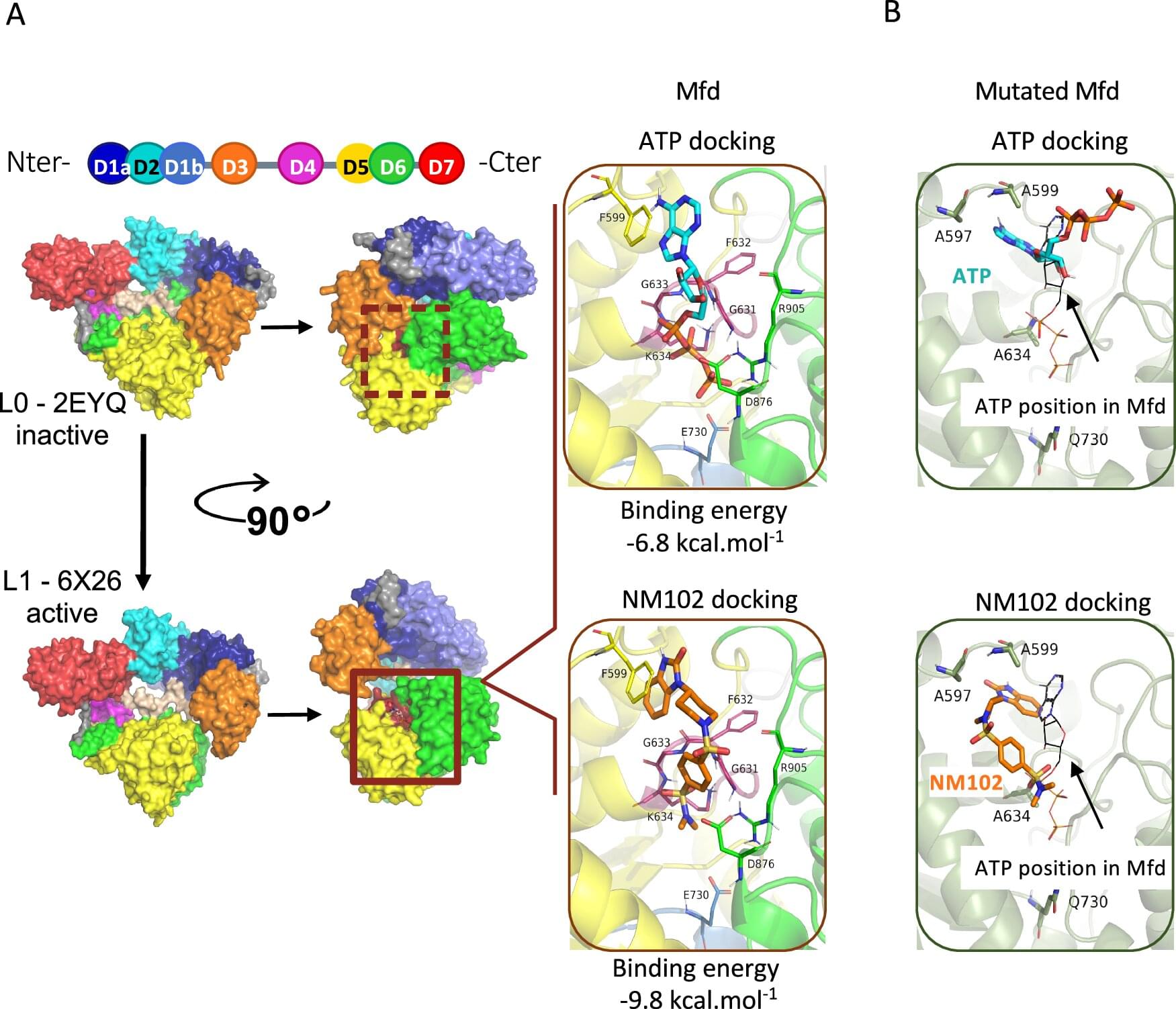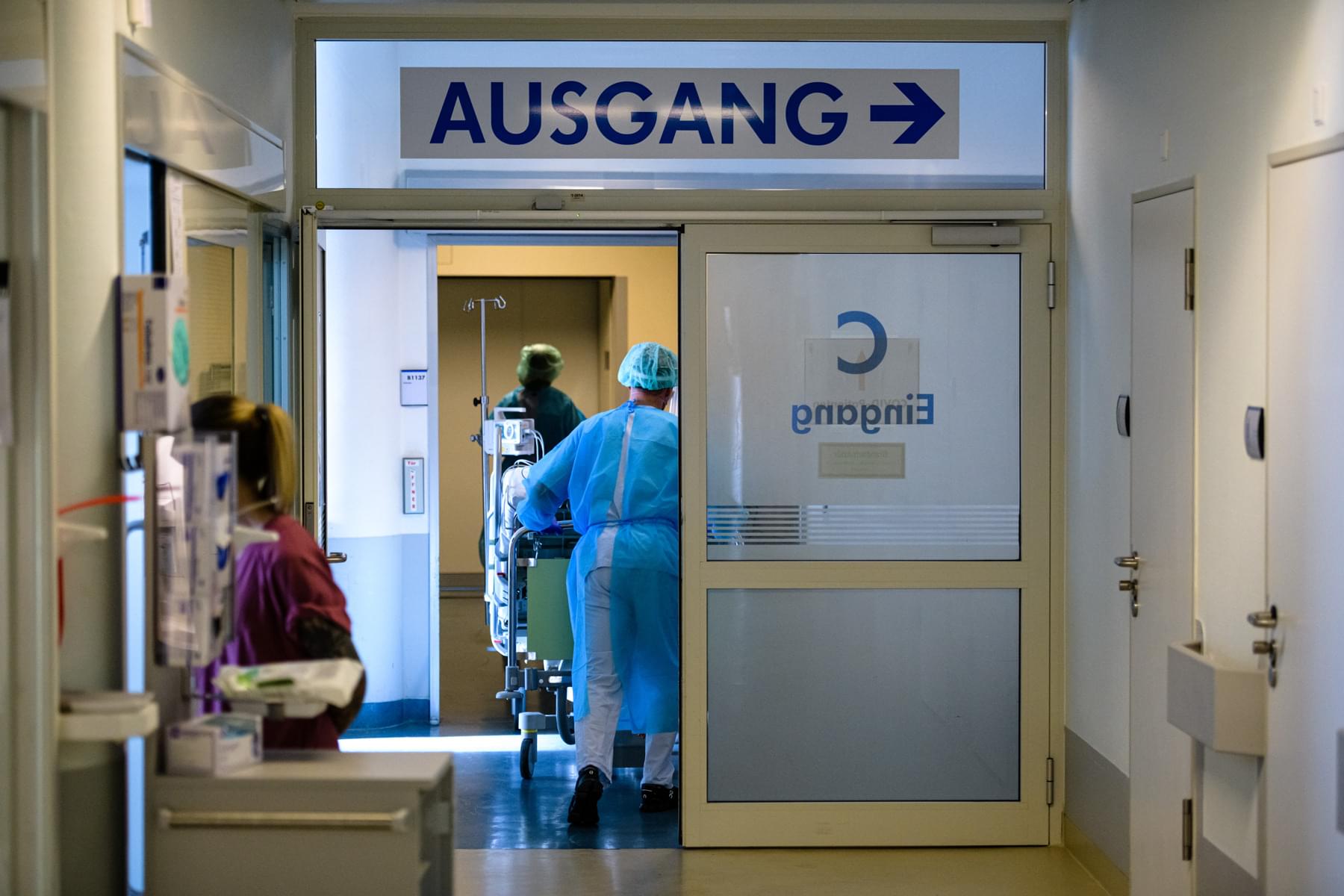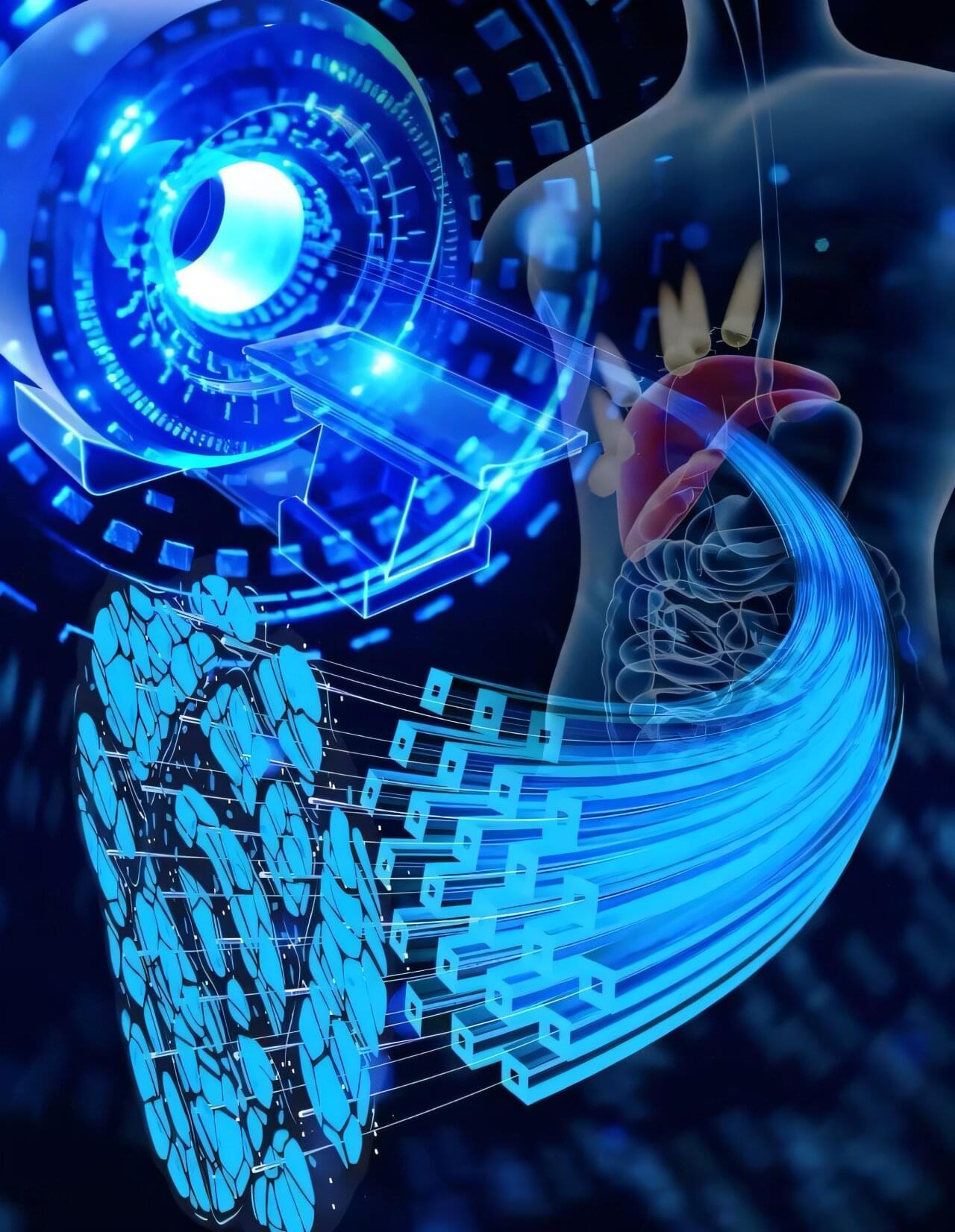Those who climb indoors are doing something for their health. But climbing shoes contain chemicals of concern that can enter the lungs of climbers through the abrasion of the soles.
In a recent study, researchers from the University of Vienna and EPFL Lausanne have shown for the first time that high concentrations of potentially harmful chemicals from climbing shoe soles can be found in the air of bouldering gyms. In some cases they are higher than on a busy street. The results have been published in the journal ACS ES&T Air.
A climbing hall is filled with a variety of smells: sweat, chalk dust and a hint of rubber. A research group led by environmental scientist Thilo Hofmann at the University of Vienna has now discovered that rubber abrasion from climbing shoes can enter the lungs of athletes. The shoes contain rubber compounds similar to those used in car tires—including additives suspected of being harmful to humans and the environment.

